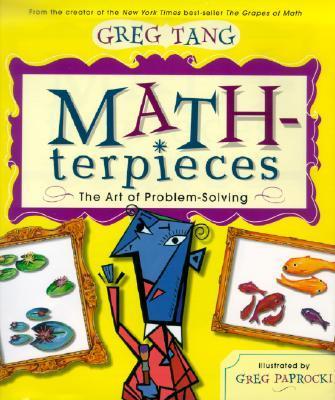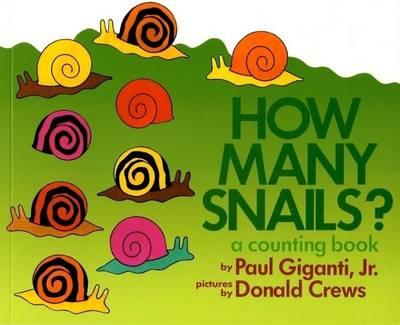Filter books by:

Matherpieces: The Art of Problem-Solving
Strand
Number
Australian Curriculum Year Level
Foundation Year, Year 1, Year 2, Year 3
Maths Concepts
Australian Curriculum: Description
Subitise small collections of objects (ACMNA003); Represent and solve simple addition and subtraction problems using a range of strategies including counting on, partitioning and rearranging parts (ACMNA015); Describe, continue, and create number patterns resulting from performing addition or subtraction
Teaching ideas
Students investigate other situations involing subitising and counting on with and without distractors in routine and non-routine situations. Students could write the number sentences represented by art in this book (representational to abstract).

Window
Maths Concepts
Australian Curriculum: Description
Year 2 – Describe patterns with numbers and identify missing elements (ACMNA035); Investigate number sequences, initially those increasing and decreasing by twos, threes, fives and tens from any starting point, then moving to other sequences (ACMNA026)
Teaching ideas
Explore other mediums with patterns e.g. wrapping paper and fabric. Show students how patterns can help to predict --> expect --> plan.
When the King rides by
Strand
Number
Australian Curriculum Year Level
Year 2, Foundation Year, Year 1
Look for a pattern
Maths Concepts
Australian Curriculum: Description
F. Y – Establish understanding of the language and processes of counting by naming numbers in sequences, initially to and from 20, moving from any starting point (ACMNA001); Year 2 – Describe patterns with numbers and identify missing elements (ACMNA035)
Teaching ideas
Explore other mediums with patterns e.g. wrapping paper and fabric. Show students how patterns can help to predict --> expect --> plan.

How Many Snails?
Strand
Number
Australian Curriculum Year Level
Foundation Year, Year 1, Year 2
Look for a pattern
Maths Concepts
Australian Curriculum: Description
F. Y – Establish understanding of the language and processes of counting by naming numbers in sequences, initially to and from 20, moving from any starting point (ACMNA001); Year 2 – Describe patterns with numbers and identify missing elements (ACMNA035)
